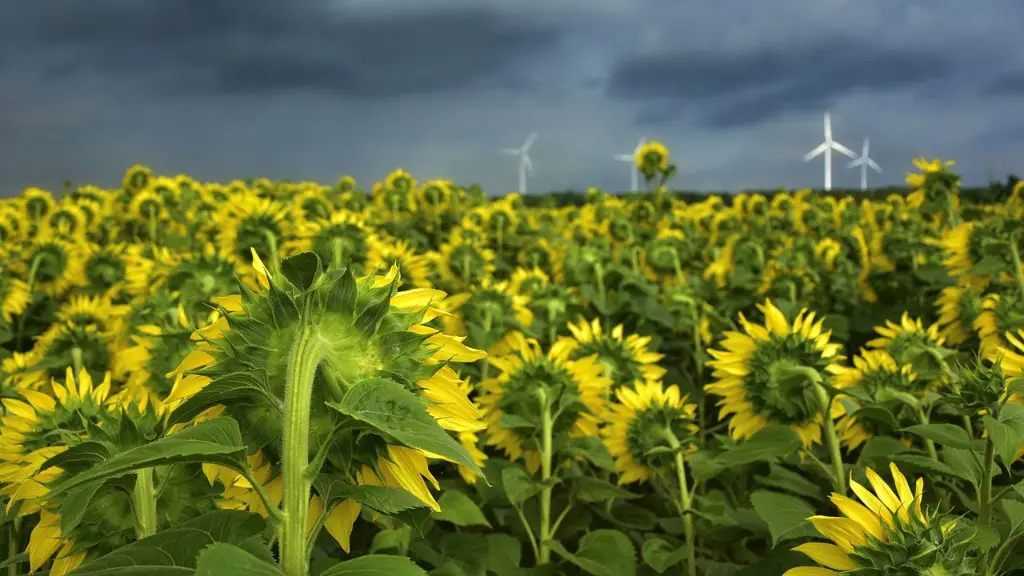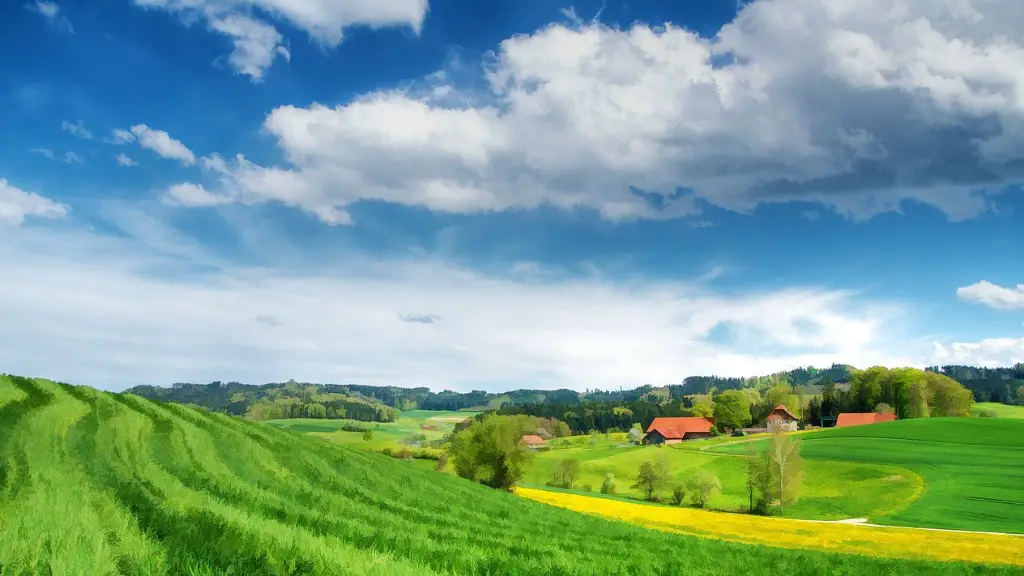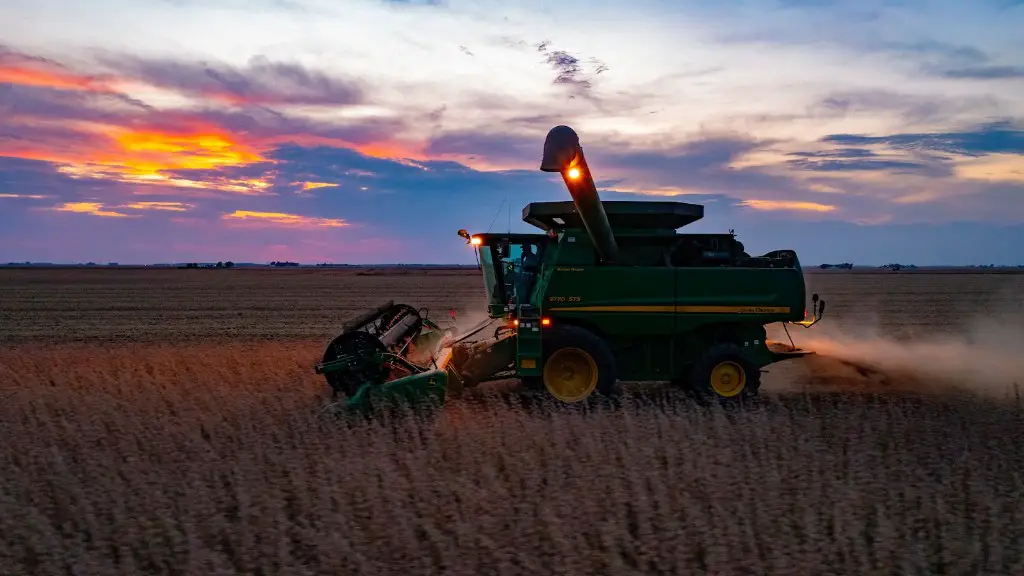Agriculture is an important part of everyday life and is essential to the livelihoods of many around the world. Agriculture not only provides food to millions of people every day, but also has a significant effect on the environment, economy, and even our health. Agriculture is responsible for producing over 80% of the world’s food, and is a critically important industry in the world. From home-grown gardens to large-scale farms and fisheries, agriculture plays a crucial role in keeping us fed. We’ll take a look at some of the ways agriculture does just that.
Provides Food
Of course, one of the most obvious ways agriculture provides food is by growing, harvesting, and selling crops. When farmers and fishers can provide a consistent supply of healthy food to markets, it reduces food insecurity and means people can afford and access those essential staples. It is not just the providing of crops that helps with food security, but it is also how the food is handled and stored. Storage techniques like refrigeration and canning help to reduce waste and maintain the quality of food.
Provides Animal Products
Another way agriculture provides food is by raising animals such as cows, chickens, and pigs. This provides us with food such as meat, eggs, and milk, as well as leather and wool products. Animal agriculture can also provide us with a large array of other products that can be used to make things like clothing, soap, or even fertilizer. Animal agriculture also has a big impact on land management, as farmers can graze their animals on pastures and help to maintain flourishing natural ecosystems.
Improves Economic Climate
Agriculture also helps to support economies both locally and globally. Everybody in the supply chain of agriculture plays a vital role, from the farmers and fishers to the grocers and distributors. When these people are supported and given a place in a viable and flourishing economy, it means that the whole society can benefit from their efforts. Furthermore, agriculture also helps to contribute to global public goods like sustainable energy, climate resilience and rural development.
Promotes Health
Food from agriculture helps to reduce the number of nutrient deficiencies in many places around the world, leading to better health outcomes. Processed food, on the other hand, can contain added levels of salt and sugar, leading to health problems such as diabetes, high blood pressure and joint pain. Furthermore, since agricultural products are often fresher than processed foods, they also have higher nutrient contents. This means that you get more nutritional value out of the food you’re eating.
Reduces Environmental Impact
Farming and other forms of agriculture can also have positive effects on the environment. By raising animals or growing crops sustainably, farmers can help to conserve water, soil, and energy. Furthermore, a well-managed farming operation can also help to reduce greenhouse gases, as well as providing habitats for wildlife.
Enhances Cultural Connections
Agriculture can also have a positive effect on culture and tradition. Sustainable agriculture practices can help to promote traditional farming techniques and preserve the knowledge surrounding them. Furthermore, these practices can also help to promote local culture and create a sense of community within local areas.
Creates Jobs
Agriculture not only provides food but can also create jobs and livelihoods. Farming, fishing and other agricultural activities provide employment to many people the world over, whether in rural or urban areas. This helps to reduce poverty and improve the overall standard of living. Furthermore, it encourages diversity in the workforce, as it allows people from different backgrounds to work together and learn from one another.


